This is one of those topics I never would have predicted the need for, but here we are. In cities across the country, adults seem to be dressing up as clowns and scaring children. There are reports of clowns roaming the streets holding fake weapons, dripping in fake blood, and threatening people. While this may sound straight out of an April Fools prank, it's no joke. There are schools and public officials around the country who have had to make official statements advising what to do if you see a scary clown and how to cope with the fallout from our current clown crisis.
Some children have had the terrorizing experience of running in to these clowns, but many more children have heard rumors on the playground, seen images in the news or heard grown ups talking. Many young children have clown fears already, but this current phenomenon is taking it to a new level, causing anxiety and stress for families around the country.
While we could speculate for days as to why grown adults feel the need to create fear and cause nightmares in children, doing that just adds more fuel to their fire. Instead, I would like to offer some quick tips on helping your child cope with what they may be seeing and hearing.
Listen First. Before giving them any information, find out what they have already heard. The recess rumor mill is a force to be reckoned with. You may be surprised at how much misinformation they have. One parent told me their child reported hearing that clowns had already kidnapped thousands of children in their city. You can imagine why your child might be totally freaked out and never want to see a red nose again.
Validate Their Feelings. Repeat back to them the feeling words you hear, or the emotion you observe them experiencing. "Wow, I can see this is really upsetting." "You are really feeling scared about these clowns." Show genuine empathy, faking will never work.
Avoid Dismissing Their Concerns. You may not get why they are scared, especially if your child is the first to tell you about the clowns. Comments like "That's ridiculous," "There is nothing to be afraid of," or "Stop worrying about it" will only leave your child feeling more alone in their fear and likely up their anxiety because they don't feel you are on their side.
Just The Facts. Parents have been known to give way more information than needed to their kids. When it comes to the big scary stuff, we just need to give enough to answer their questions and correct misinformation. With young kids as simple as: "There are a very small number of people who think its funny to dress up like clowns and scare people. It's not funny, and we don't know why they are doing it." If it's not happening in your city, be sure to tell them that. Then let them know that it’s your job as a parent to keep them safe. You might say, "The same is true for all of the adults who you spend your day with, they are all doing everything they can to make sure you are safe."
Leave The Door Open. Finish up with the conversation by validating and leaving the door open for more questions. You might say, "It's ok to feel scared when we hear confusing or strange stories like these” and, “I am so glad you let me know how you were feeling. If you have more questions about the clowns or other things that worry you, I am always here to talk." If these clowns have already shown up in your city, this is a good time to share what you would like them to do or not do if they spot one
Moving On. Remember, the focus is on addressing their concerns, not every concern you can think of. Too much information can sometimes backfire. If they are done, don't drag the conversation on.
Fear often comes from a sense of feeling powerless against something, so a great way to move on from this conversation is with an activity that feels empowering to them. This may be as simple as helping you cook dinner, making a card for a friend, making a happy clown picture to remind them of the smiles clowns can bring to people. You might also help your child develop an empowering statement they can tell themselves when clown worries pop up, such as, "I know I am safe with the grown ups who love me."
While clowns terrorizing kids is one of the few things we didn't have to worry about as parents, having a connecting conversation can help your child put those fears to rest. Last tip: if you were thinking about a clown for your child's next birthday party, this may not be the year for it!


